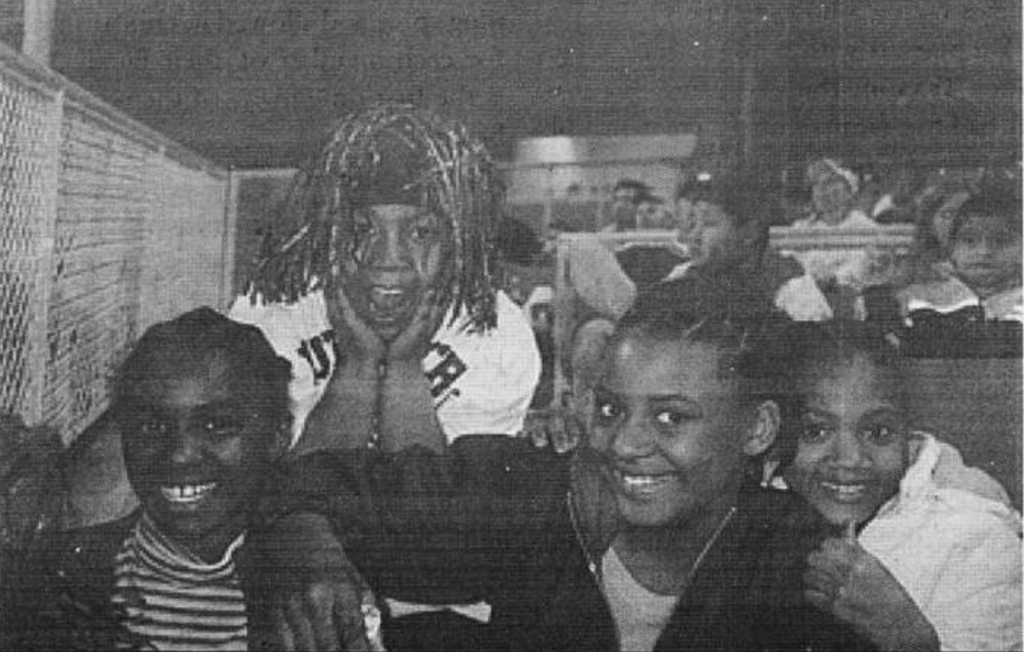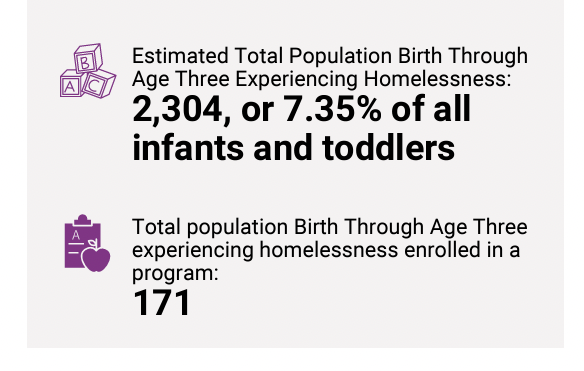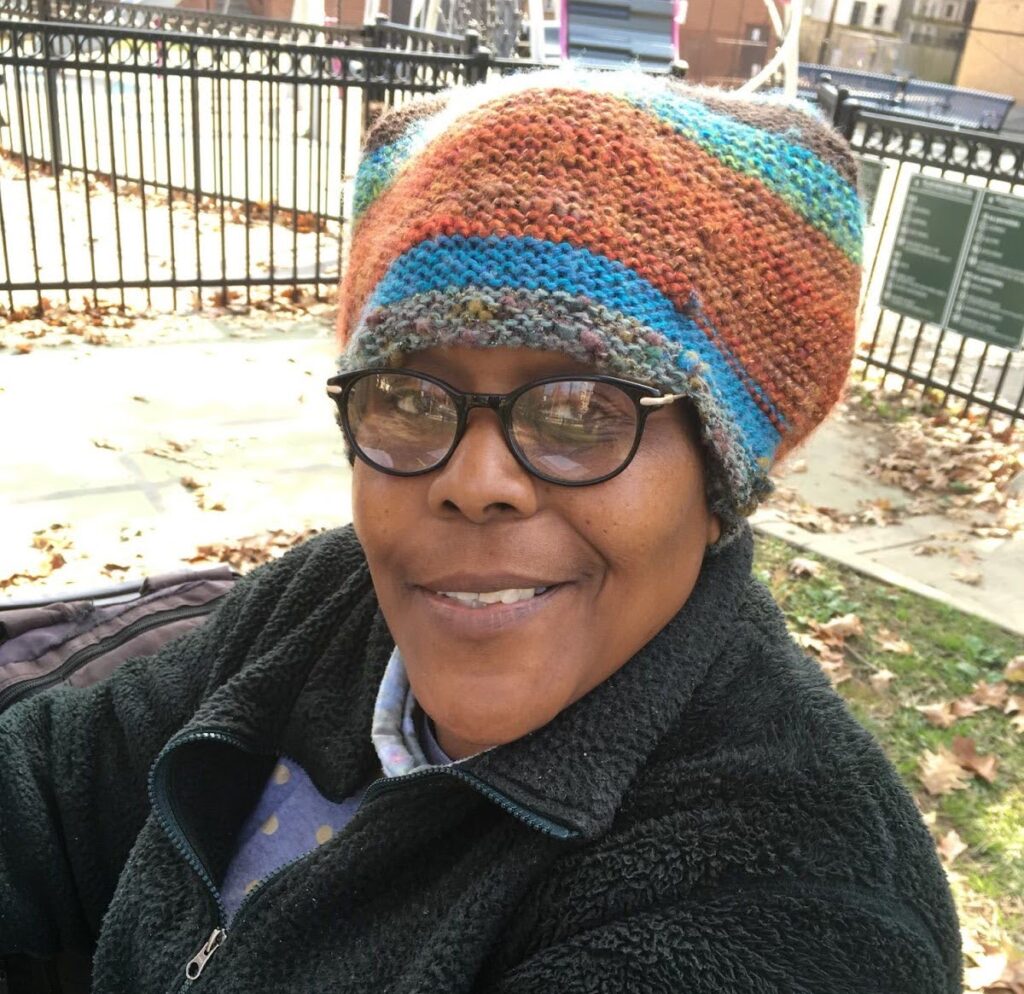Summer is here for school children. No tests, teachers, or homework to get in the way of the all-important nothing that children have been longing to do all year. A time of fun-filled activities and carefree, lazy days.
While unfortunately this picturesque scenario is not the way summer vacation is perceived by all, in Washington, D.C., several organizations are doing their best to provide this experience to the city’s poorest children.
Every year in the United States, about 600,000 families – including 1.35 million children – spend at least one night homeless, according to a recent report entitled Family Homelessness in Our Nation and Community: A Problem with a Solution. Across the country, families with children are one of the fastest-growing segments within the homeless population.
The Washington area is no exception. On any given night roughly 5,551 members of 1,700 area families are homeless. They account for about half of the region’s homeless population.
The children of these families are one of the most vulnerable groups in our society. Compared to low-income children with homes, homeless children are twice as likely to be in poor health and to experience developmental delays. They have lower academic achievement, which is exacerbated by frequent moves and schooling disruptions, and they have higher exposure to stress.
The onset of summer can make this already bleak situation worse for both homeless children and their parents, because it means the loss of what may be one of the few consistent things in the child’s life – school.
First, school provides the opportunity for homeless children to be in a safe environment with caring adults and other children. Knowing that their children are secure, parents can go to work or look for a job without constant worry.
Second, school provides a guaranteed source of food. More than 42,000 District students receive free or reduced-cost lunches from their schools. Many also get breakfast and an after-school snack. But with the end of the school year many of these children do not get nutritious meals on a regular basis.
Third, children who are not involved in some sort of consistent academic program during the summer often fall behind in their studies.
The average child loses five months of education over the three summer months, according to the organization For the Love of children. Such a loss can be particularly devastating to homeless children who already are struggling academically.
Fortunately, numerous government and private organizations in the District are helping to address concerns about the summer months.
The D.C. government is tapping the resources of several of its agencies, as well as partnering with local nonprofits and community-based organizations. The Department of Parks and Recreation (DPR) and the D.C. Public Schools (DCPS) are among the most actively involved agencies in meeting the summer needs of homeless families.
Last year, DPR-run summer camps served more than 1,200 children who were eligible for scholarships provided under a Temporary Assistance for Needy Families grant, according to Neil Rogers, the DPR chief of staff. DPR also provided 657,108 nutritious meals.
This year, DPR and DCPS will provide more than 140 free-meal sites across the city from late June to early September. Most sites offer breakfast, lunch and sometimes dinner to all local children under age 18. No registration is required.
Also, from late June to mid-August, DPR will coordinate more than 50 day camps across the city for children ages 3 to 17 that offer such activities as sports, arts and crafts, games, swimming, and field trips. Although these camps charge a fee, DPR is offering $95,000 in scholarships to needy local families.
DPR also runs free summer R.E.C. (recreation education community) camps at 17 recreation centers.
“We must be sure that no children are being turned away from any summer services,” Rogers said. “Instead, we will bring children together from across economic lines.”
DPR is informing families about its programs and scholarships through a joint effort with the DCPS Homeless Children and Youth program, which works with local homeless shelters and the Community Partnership for the Prevention of Homelessness.
In addition, the D.C. Children and Youth Investment Trust Corp., a public-private funding partnership, is helping 45 community organizations pay for free day camp for District residents.
Meanwhile, various nonprofit organizations are working to supplement these daytime efforts with evening program for needy children.
One group, Project NorthStar, focuses on assisting children who are homeless, formerly homeless, or at risk of becoming homeless. Its year-round tutoring program helps more than 200 children from emergency shelters, transitional housing programs, and other low-income communities.
During the summer, Project NorthStar offers those students four programs, all of which last six weeks and meet one evening a week. The programs focus on improving reading ability; teaching about legal professions; offering music, poetry, and other creative outlets; and continuing the year-round tutoring program for children living at D.C. Village.
While such efforts never can fully alleviate the stress and anguish homeless children experience, these programs can minimize the damage that homelessness inflicts on the District’s most vulnerable residents.
For more information on summer opportunities for all children, visit www.summeryouthprogram.dc.gov or call the Summer Camps Office at (202)272-0719.







